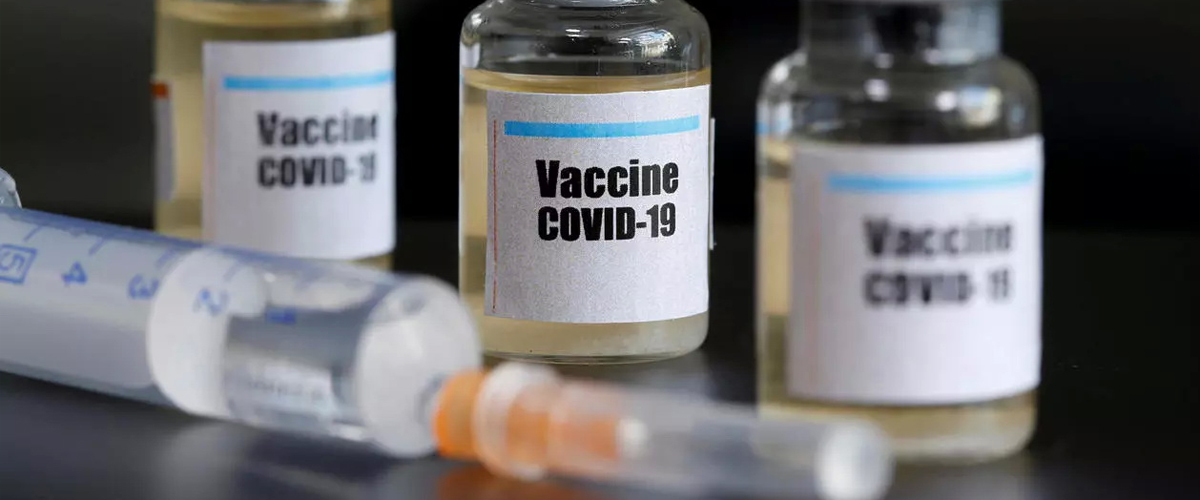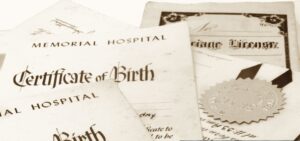WHO’s Strategic Advisory Group of Experts (SAGE) has published interim recommendations for using the Pfizer BioNTech (BNT162b2) vaccine in COVID-19 prevention.
According to SAGE, Pfizer-BioNTech COVID-19 mRNA is a safe and efficacious vaccination. The first goal today is to vaccinate medical workers at high risk of exposure, followed by the elderly, before expanding vaccination to the rest of the community.
Who should be prioritized for vaccination?
Healthcare professionals at high risk of exposure, as well as persons over the age of 65, should be given priority for immunization.
Other priority subjects
People with high blood pressure, diabetes, asthma, lung, liver or kidney illness, as well as chronic infections are identified as groups at increased risk of serious effects if infected with COVID-19. This group of people is suggested to be immunized as soon as possible.
Immunocompromised individuals are also a priority group. Although further research is required to achieve more specific and accurate conclusions, immunocompromised people can be immunized against COVID-19 after receiving information and advice.
HIV patients who get COVID-19 are at risk of serious consequences. Individuals who have tested positive for HIV should be given information and counseling prior to vaccination.
People who have previously been infected with COVID-19 are also eligible for vaccination. However, immunization may be delayed for up to 6 months following SARS-CoV-2 infection.
The vaccine’s efficacy in breastfeeding women is likely to be comparable to that in other adults. Breastfeeding mothers should be vaccinated against COVID-19 just like everyone else, and they do not need to cease breastfeeding following vaccination.
Should pregnant women be vaccinated?
The World Health Organization recommends that pregnant women get vaccinated against COVID-19 if the benefits outweigh the risks. To assist pregnant women in the assessment and decision-making process, they should be given information regarding the risks of COVID-19 during pregnancy, the benefits of vaccination in light of the local epidemic, and other relevant information. The World Health Organization does not recommend pregnancy testing prior to vaccination, nor does it advise delaying or terminating pregnancy for vaccination purposes.
Who should not be vaccinated?
Individuals who have previously experienced severe adverse reactions to any component of the vaccine should not be immunized.
There is presently no data on the vaccine’s efficacy and safety in children under the age of 12. Until these data are collected and analyzed, children under the age of 12 should not be immunized with the Pfizer COVID-19 vaccine.
Should adolescents be vaccinated with the Pfizer vaccine?
In phase 3 trials with youngsters aged 12 to 15, the Pfizer vaccine was found to be both extremely effective and safe. This result gives countries more confidence in administering the Pfizer vaccine to people aged 12 and up.
Evidence indicates that teenagers, particularly older youngsters, are just as capable of transmitting the SARS-CoV-2 virus as adults. WHO recommends that governments only consider administering the vaccine to children aged 12 to 15 years after obtaining high 2-dose vaccine coverage rates in priority populations.
Children 12-15 years old with underlying medical disorders that place them at high risk of serious illness if they develop COVID-19, along with other high-risk populations, can be vaccinated.
Recommended dose
According to WHO standards, the Pfizer vaccine begins to have a protective impact 12 days after the first injection, but the complete protective effect is only effective after 2 vaccinations, with an interval between the 2 doses. nose from 21-28 days.
Is the Pfizer BioNTech vaccine safe?
On December 31, 2020, WHO added the Pfizer BioNTech vaccine to the emergency use list and approved it for use in persons over the age of 16 following a thorough evaluation of its quality, safety, and efficacy.
How effective is the vaccine?
The Pfizer BioNTech vaccine is 95% effective at protecting against COVID-19.
Is Pfizer BioNTech effective against new variants?
Based on trial data, SAGE found that the Pfizer BioNTech vaccine is efficient in preventing viral mutations.
Does Pfizer BioNTech prevent infection?
There is presently no solid data to show how the Pfizer BioNTech vaccination affects virus transmission or shedding.
(According to WHO) – See original here






